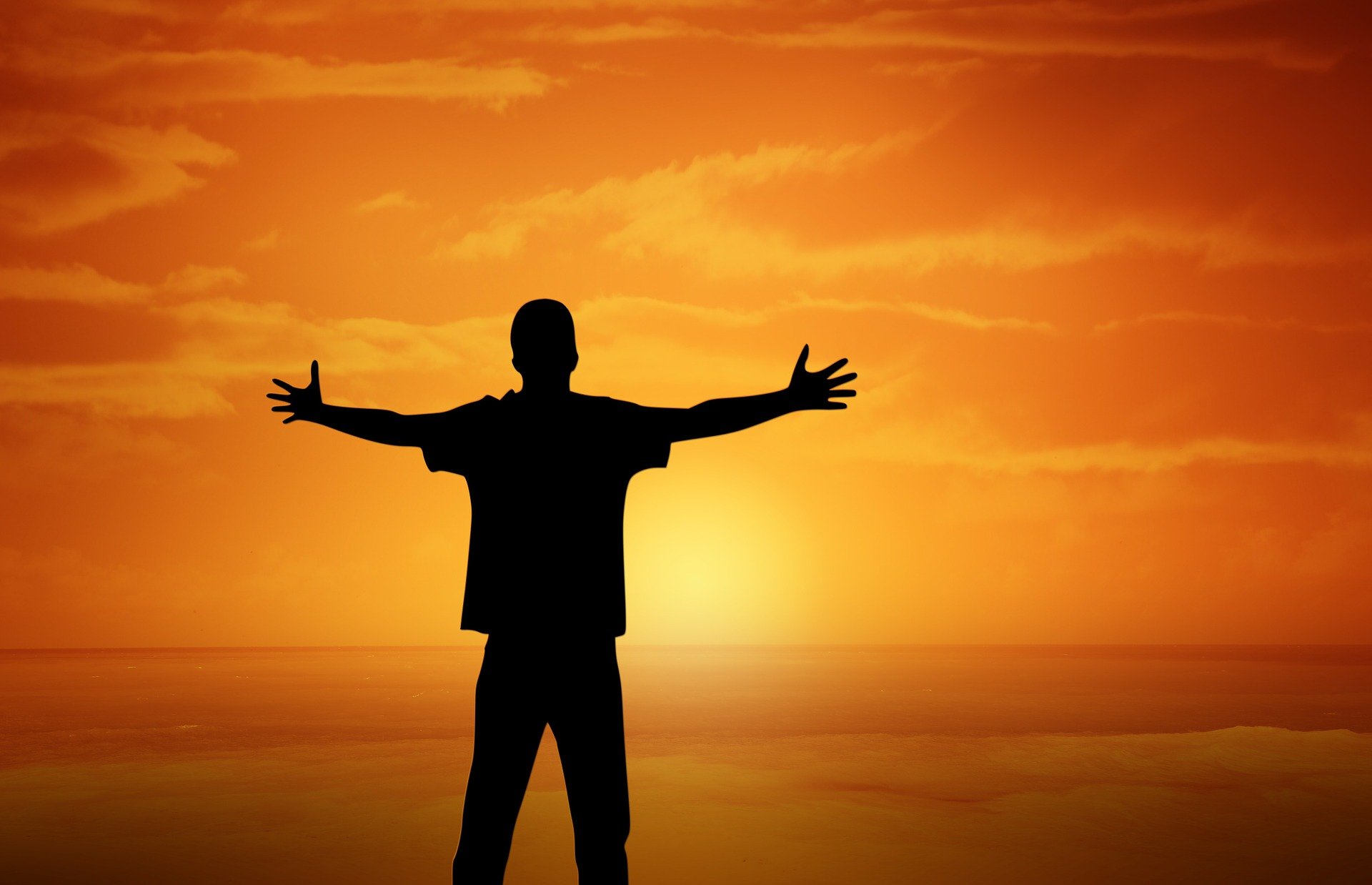With the massive popularity and abundance of spiritual leaders, gurus, religious groups, religious media channels, and self-help publications, the concept of spirituality has become an integral part of our collective psyche. As a result, many people believe that spiritual perspectives, techniques, and exercises can be applied to solve various mental health issues and educational and behavioral problems in modern society and influence people to make healthy lifestyle choices and meaningful life decisions. However, most often, I find this term overused, misused, confused, and even utterly commercialized.
For example, gurus, meditation teachers, mystics, yogic masters, and preachers package their spiritual techniques and craft their presence in such a way that their spiritual teaching resonates as informative, entertaining, alluring, and incentivized for a specific age group, gender, generation, profession, and for people with a specific way of life, attitude, and purchasing power. And these days, spirituality is no longer something that can be obtained without generous contributions; most of the spiritual reliefs available on the market have a price tag stitched around them.
Our familiar assumptions also limit our understanding of spirituality to becoming members of a spiritual sect, listening to spiritual teachers, following their instructions, and reading spiritual books regularly. But to become spiritual, one does not have to join an esoteric cult, put on religious markers, receive the spiritual energy transmission of a guru and his grace, or uncritically digest his outrageous teaching.
Sigmund Freud, the founder of psychoanalysis, observed that, based on our infantile experiences, it is part of human psychology to yearn for a father figure who can guide us through this chaotic, unpredictable, and confusing world. And there are different gurus, mystics, evangelists, and spiritual masters in the spiritual market ready to take up this role as father figures because, as humans, we want to live a meaningful life, find answers to the questions about our being and suffering, and overcome the fear of death. Besides, all of us also have that feeling of being unsatisfied by material comforts, things, and achievements.
As a spiritual person, I am not opposed to anyone following any spiritual teacher; however, as a follower, you must be critical enough to question their self-contradictory and baseless statements, and also, under the guise of spiritual growth, you shouldn’t be exploited, made vulnerable, or demanded to make irrational commitments and actions. We also need to realize that nobody in this world has a truth that doesn’t need to be proved. I have met hundreds of spiritual teachers from different religious traditions, but I never forgot to keep my critical mind open. After all, the word "spiritual" comes from a Latin word meaning "to breathe freely." As a result, becoming a free spirit—those who dare to challenge traditional beliefs, let go, and celebrate their liberation—is also a part of human spirituality.
As human existence is divided into mind and matter, we need abstract and soulful substances like poetry, ideas, music, art, literature, philosophy, self-inquiry, and reflections to help us find meaning and significance in our outer actions, associations, objectives, and outcomes from our inner perspectives. In other words, to live a meaningful life, we need to find something—music, art, poetry, meditation, philosophy, or writing—that allows us to explore and engage with the outside world while maintaining our inner sense of balance, detachment, calmness, maturity, and acceptance. Hence, spirituality is a search for an equilibrium point that balances our inner and outer lives.
Spirituality awakens to a living reality that is self-sufficient in itself, and nothing can be more spiritual than living in the world, where you find events, occasions, situations, relationships, explorations, and experiences that can take you out of yourself and connect you with everyone and everything around you. We can also recognize our relative insignificance in the universe when we temporarily dissolve our egos. Similarly, spirituality urges us to embrace, adjust to, and enjoy all the recklessness and paradoxes of human life. There are contractions and confusions everywhere, but these paradoxes also make life deep, dynamic, vibrant, improbable, creative, and exciting.
Surely, life is unfair and unpredictable, and as human beings, we have to deal with lots of people, events, occurrences, and outcomes that we don't like. As everything ends, every moment of life we live, touch, love, reflect on, listen to, connect with, and experience is special, specific, unrepeatable, and unparalleled. Hence, the journey of life becomes more spiritually meaningful than its presumed destinations. This is the only life we have; therefore, everything we do, discover, relate to, and create becomes significant and valuable because we will never have another opportunity to relive and restore those fleeting moments of life. After all, nothing can be more spiritual than to breathe in a world already overflowing with life, rhythm, a sense of wonder, beauty, and mystery.
With intensity, depth of engagement, thoughtfulness, and passion, everything from meditation, yoga, and dance to driving, climbing mountains, having conversations, and having a cup of tea becomes a meaning-making process that is also spiritually enriching. Human spirituality is not something separate from our everyday lives. For example, by reading Chekhov, walking around in the woods, writing poetry, teaching, gazing at the stars, playing with my daughter, and learning the guitar, I am able to engage in a meaning-making process and also feel the connectedness of my being with other beings and nature. And there are numerous other ways to celebrate our spirituality in the midst of our daily activities and practices. Hence, spirituality is not the exclusive property of people with certain levels of spiritual awakening, and we do not need their blessings to become spiritual.
More importantly, there is no need to elevate specific spiritual practices and religious rituals above any other ordinary human activities. With a little forethought, emotion engagement, love, passion, depth in involvement, and awareness in every ounce of our fleeting human existence, we can spiritualize our individual lives.
(The author is a writer, researcher and educator at different educational institutions. He can be reached at ojhagaurav84@gmail.com)

